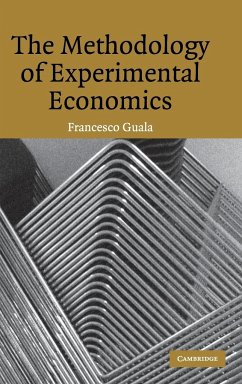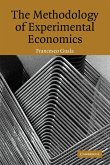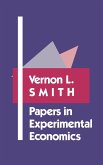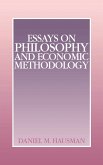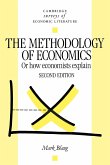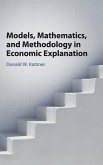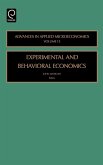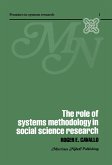Short description/annotation
The first comprehensive analysis of the methodology of experimental economics written by a philosopher of science.
Main description
The experimental approach in economics is a driving force behind some of the most exciting developments in the field. The 'experimental revolution' was based on a series of bold philosophical premises which have remained until now mostly unexplored. This book provides the first comprehensive analysis and critical discussion of the methodology of experimental economics, written by a philosopher of science with expertise in the field. It outlines the fundamental principles of experimental inference in order to investigate their power, scope and limitations. The author demonstrates that experimental economists have a lot to gain by discussing openly the philosophical principles that guide their work, and that philosophers of science have a lot to learn from their ingenious techniques devised by experimenters in order to tackle difficult scientific problems.
Table of contents:
1. Introduction; Part I. Inferences Within the Experiment: 2. Inside the laboratory; 3. Hypothesis testing; 4. Causation and experimental control; 5. Prediction; 6. Elimination; Part II. Inferences From the Experiment: 7. External validity; 8. Economic engineering; 9. From the laboratory to the outside world; 10. Experiments as mediators; 11. On monetary incentives.
Hinweis: Dieser Artikel kann nur an eine deutsche Lieferadresse ausgeliefert werden.
The first comprehensive analysis of the methodology of experimental economics written by a philosopher of science.
Main description
The experimental approach in economics is a driving force behind some of the most exciting developments in the field. The 'experimental revolution' was based on a series of bold philosophical premises which have remained until now mostly unexplored. This book provides the first comprehensive analysis and critical discussion of the methodology of experimental economics, written by a philosopher of science with expertise in the field. It outlines the fundamental principles of experimental inference in order to investigate their power, scope and limitations. The author demonstrates that experimental economists have a lot to gain by discussing openly the philosophical principles that guide their work, and that philosophers of science have a lot to learn from their ingenious techniques devised by experimenters in order to tackle difficult scientific problems.
Table of contents:
1. Introduction; Part I. Inferences Within the Experiment: 2. Inside the laboratory; 3. Hypothesis testing; 4. Causation and experimental control; 5. Prediction; 6. Elimination; Part II. Inferences From the Experiment: 7. External validity; 8. Economic engineering; 9. From the laboratory to the outside world; 10. Experiments as mediators; 11. On monetary incentives.
Hinweis: Dieser Artikel kann nur an eine deutsche Lieferadresse ausgeliefert werden.

